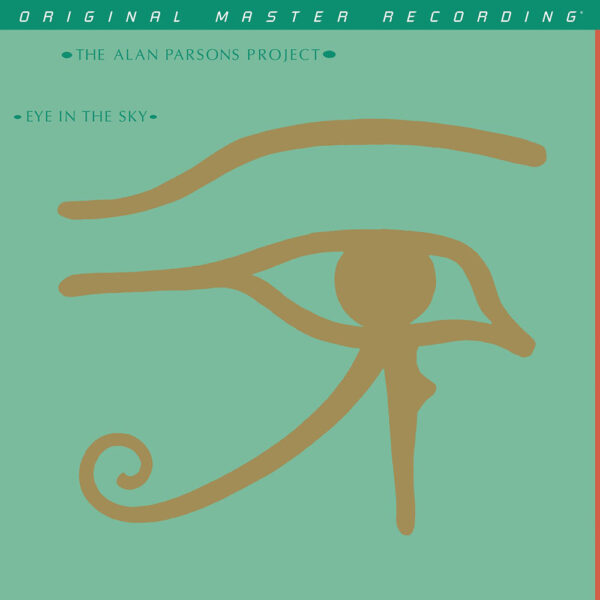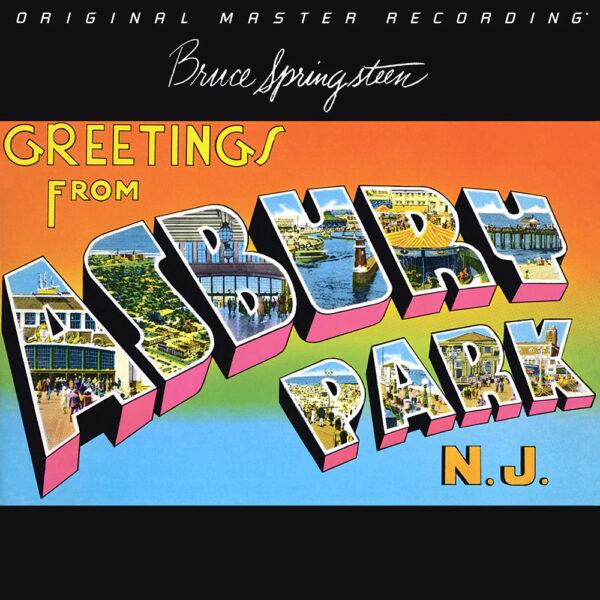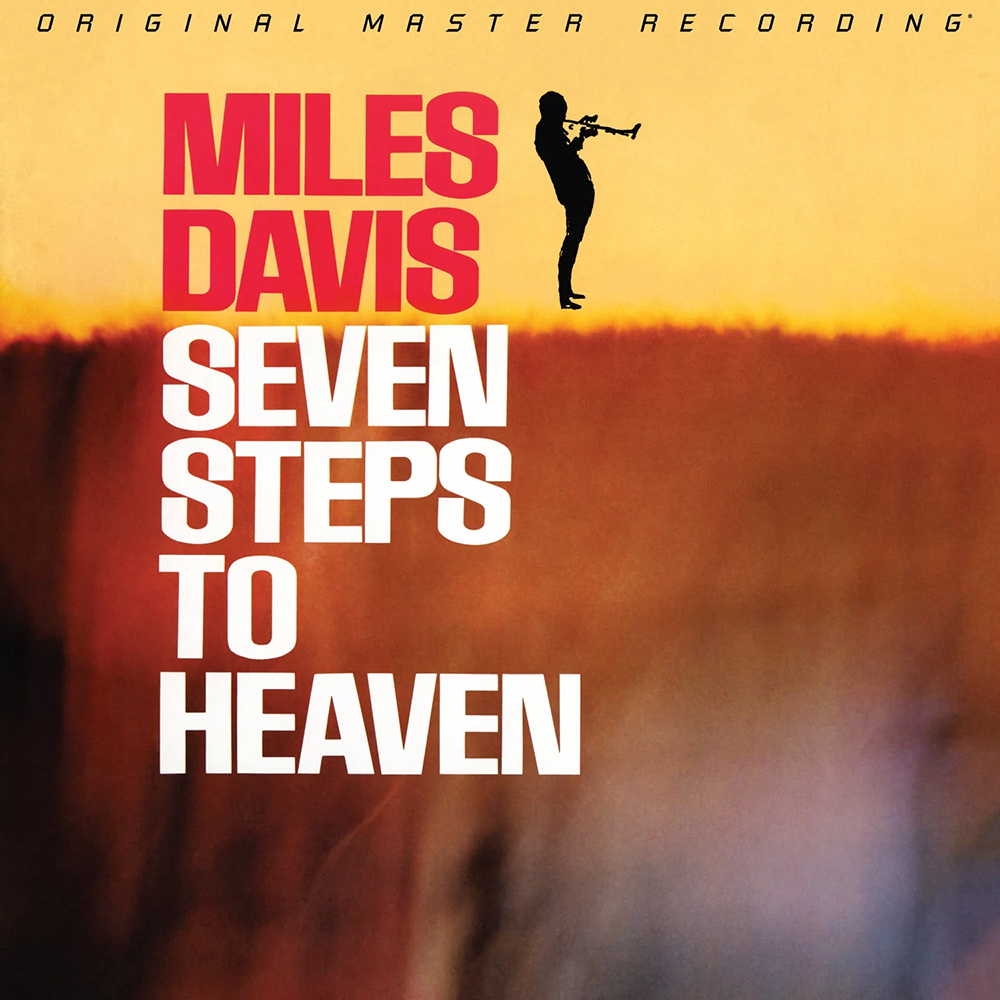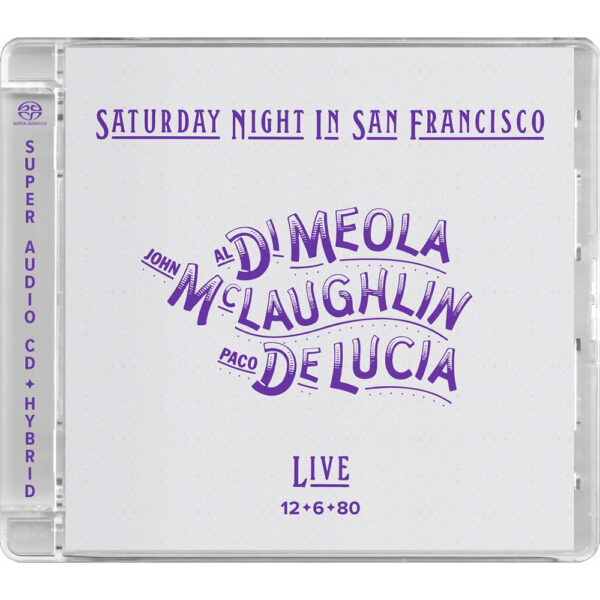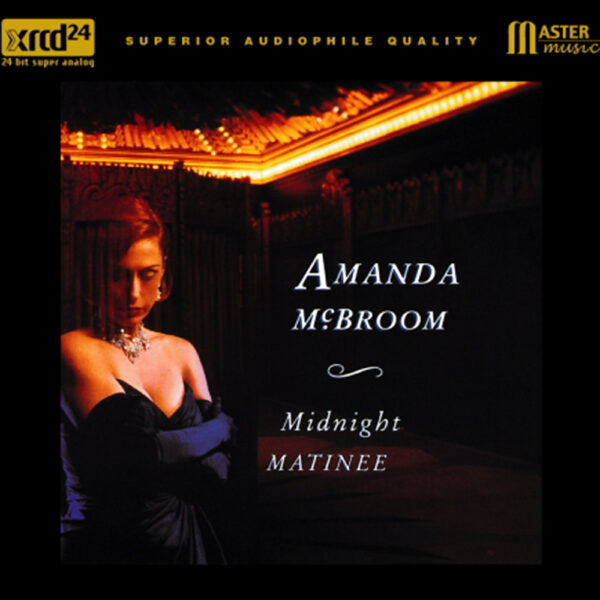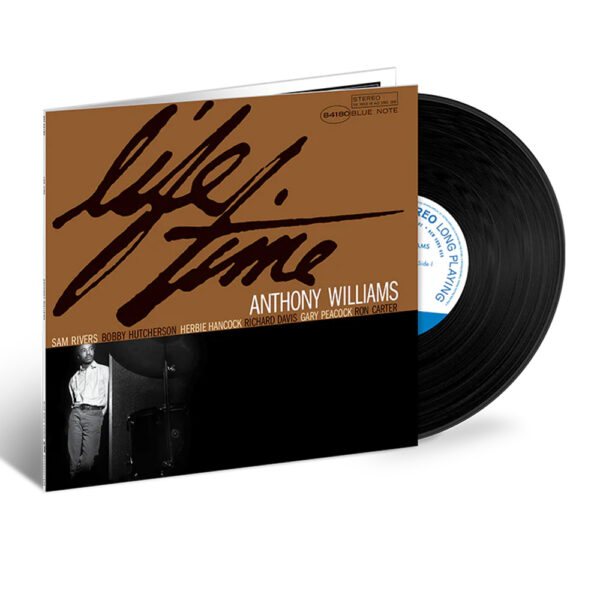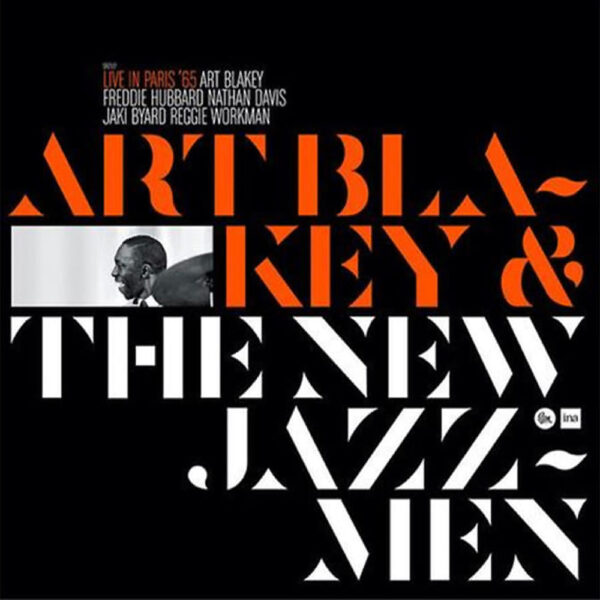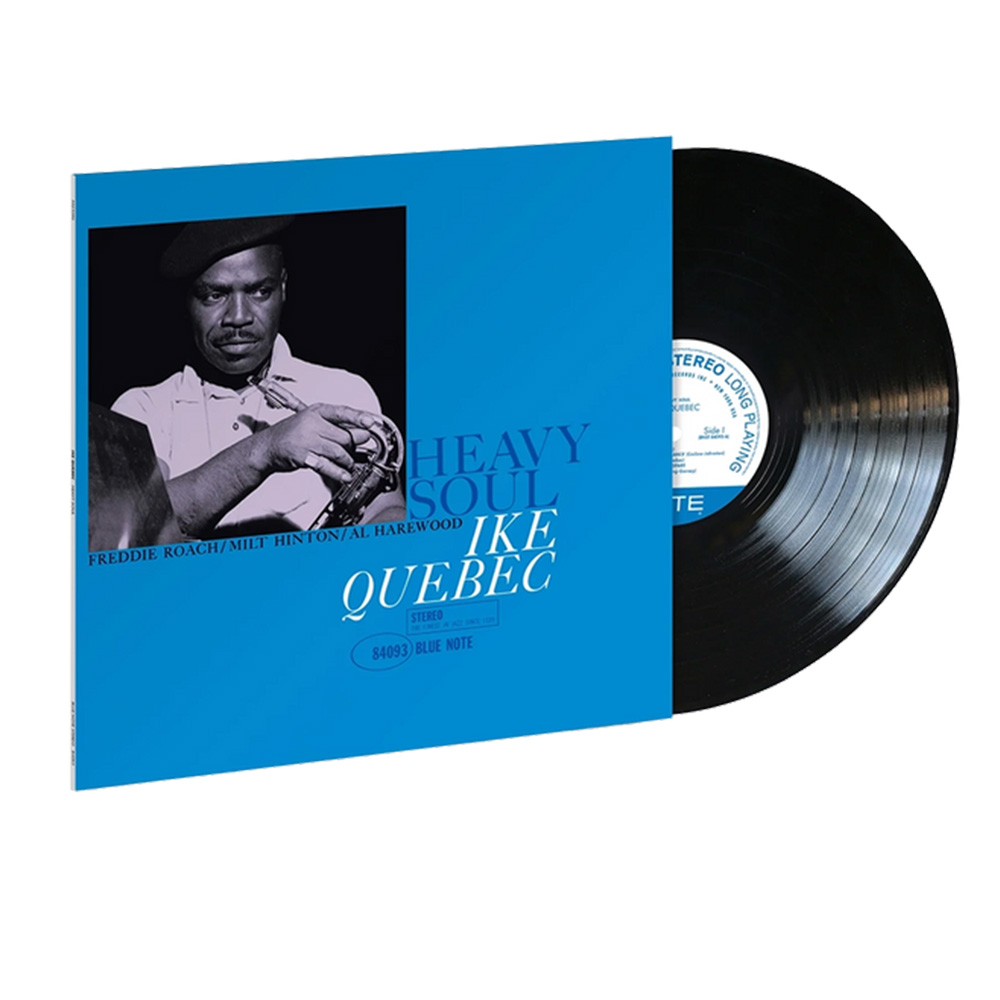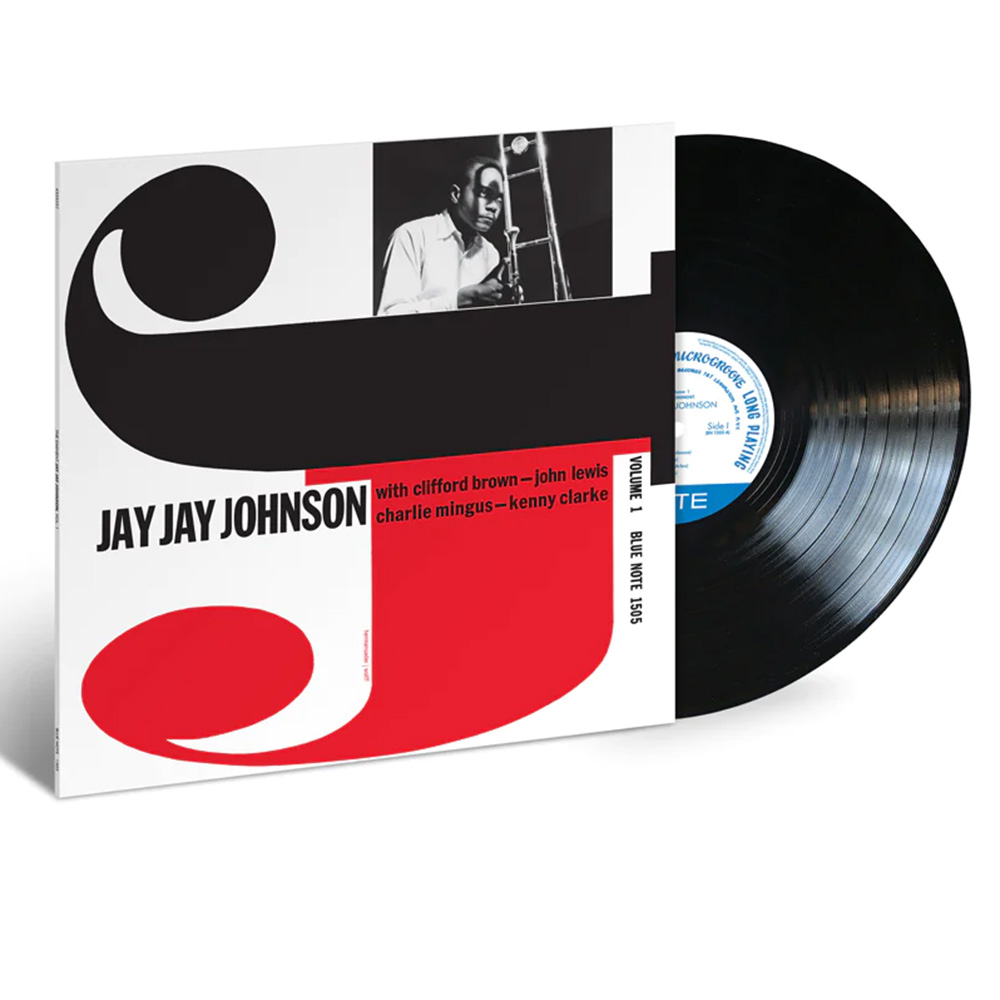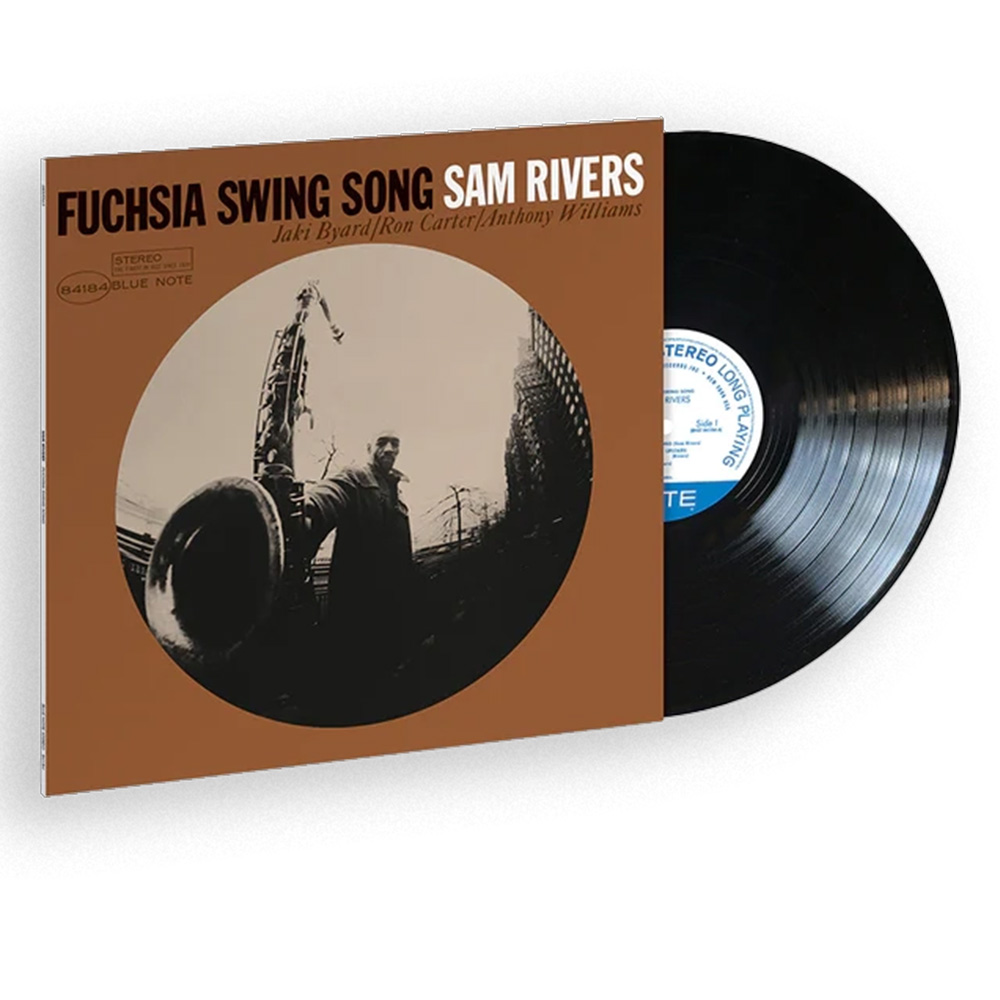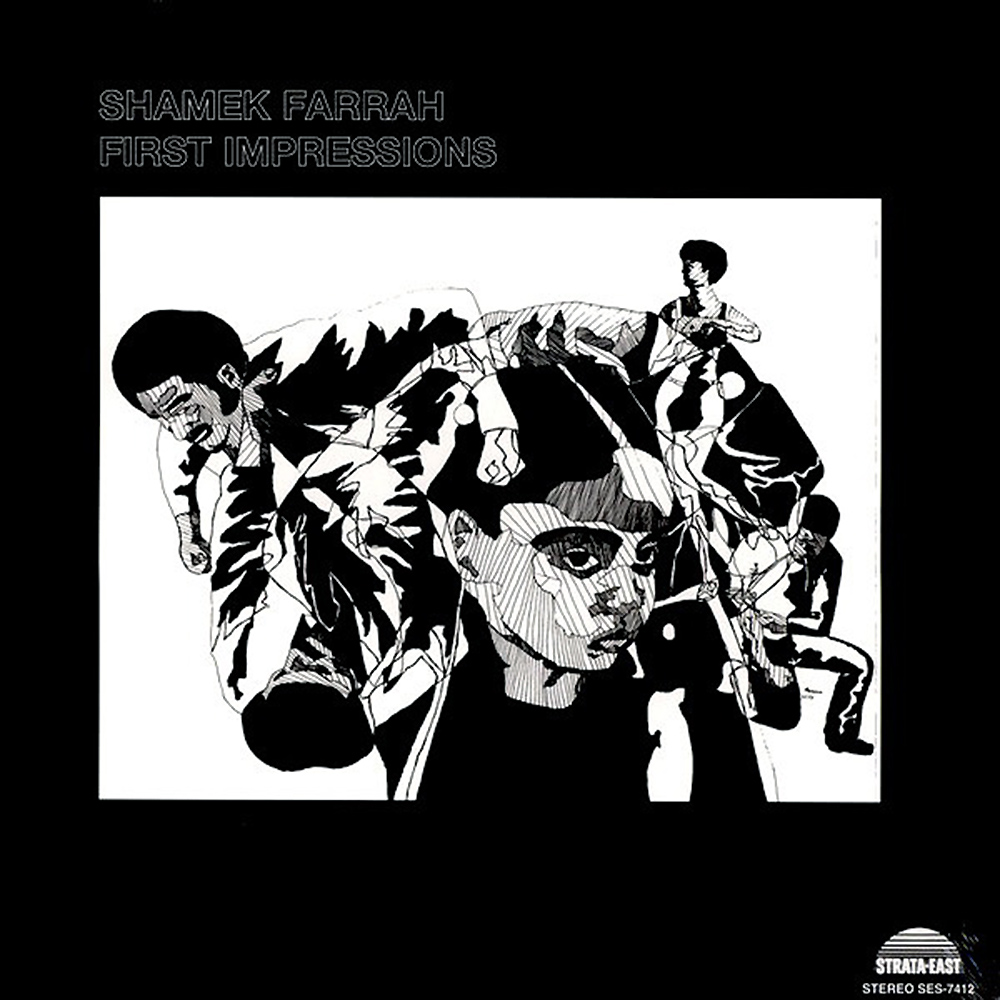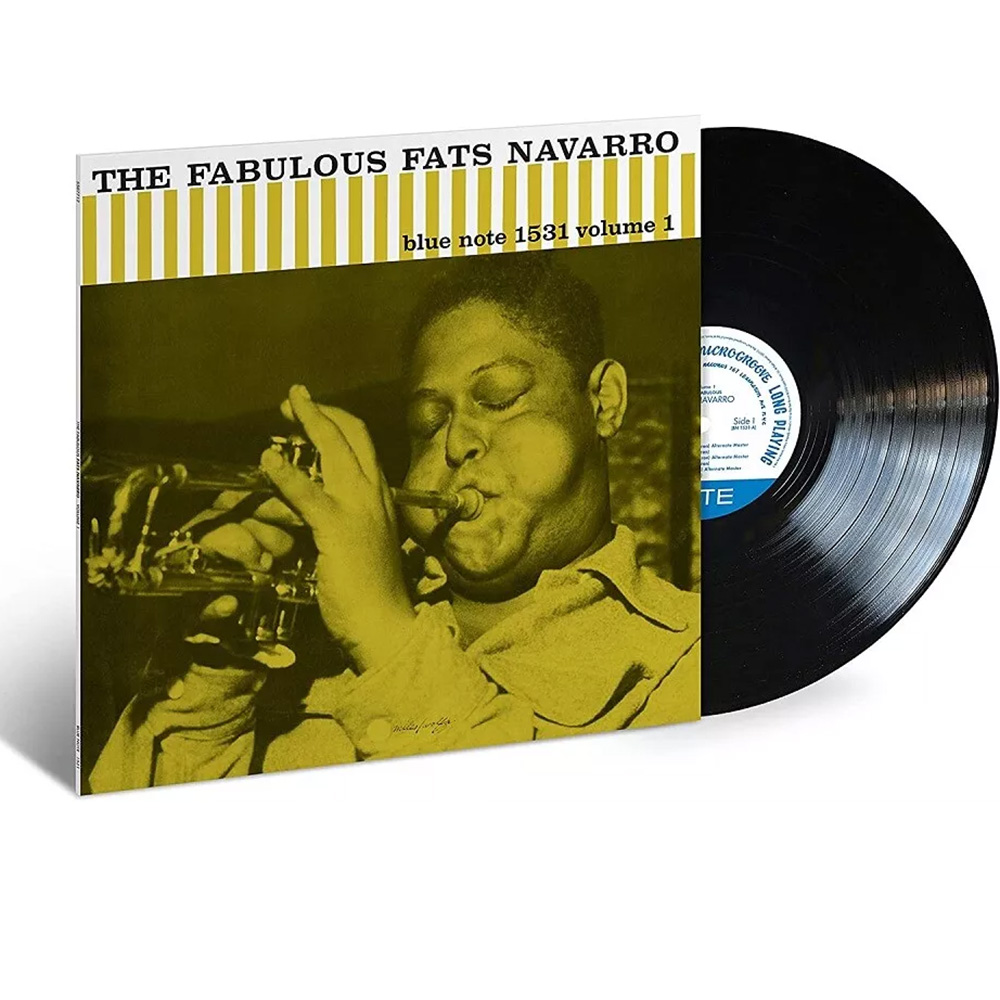Miles Davis – Seven Steps to Heaven – Mofi SACD
Sourced from the original master tapes and housed in a mini-LP-style gatefold sleeve, Mobile Fidelity’s hybrid SACD of Seven Steps to Heaven adds yet another step (or more) towards the bliss suggested by the album title. Playing with standout clarity, detail, tone, and balance, this numbered-edition reissue pulls back the curtain on the instrumentalists. It presents Davis and Co. amid a wide, deep soundstage whose dimensions and solidity help bring the record’s historical importance and musical merit into focus.
And there’s nary a passage on this 1963 landmark that isn’t great. That Davis manages to make it feel so cohesive and seamless is a testament to the inspired performances and engaging compositions. Davis didn’t draw it up the way it unfolded. No matter. He held trump cards that stayed up his sleeve for the next three decades: A drive to be nothing less than superb, a refusal to settle for mediocrity, and standards to which nearly no other composer or player could match. “The toughest critic I got, and the only one I worry about, is myself,” Davis wrote in the liner notes. “The music has to get past me.”
Davis’ demanding approach partly explains why he switched up his band between the first and second sessions – and underscores how fast his mind was racing with new ideas. Seven Steps to Heaven acts as the stable bridge between the transitional period that followed the dissolution of his First Great Quintet and formation of the Second; without it, Davis perhaps doesn’t invite then-23-year-old Herbie Hancock and a still-teenage Tony Williams into the fold. The trumpeter not only got his men – he preserved in amber for the only time (well, magnetic tape anyway) the chemistry and vibe he achieved with pianist Victor Feldman, drummer Frank Butler, tenor saxophonist George Coleman, and bassist Ron Carter.
That lineup gels for half of the six songs on Seven Steps to Heaven. Captured in Los Angeles April ’63, the quintet stretches out on a luxurious reading of the late ’20s New Orleans staple “Basin Street Blues”; lays on the romance for a candlelit stroll through the ’40s standard “I Fall in Love Too Easily”; and explores the rounded contours and melodic crevices of the early blues “Baby Won’t You Please Come Home.” The performances are refined, elegant, emotional; the band lets the feelings linger and gives the listener time to absorb the colors and textures.
A month later, Davis returned to New York City with Coleman and Carter, and partnered them with Hancock and Williams. Tellingly, the quintet tried its collective hand at the title track and “Joshua” – Feldman-penned songs already recorded in Los Angeles – as well as the yearning “So Near, So Far.” Those are the tunes that comprise the other piece of Seven Steps to Heaven, with the revised quintet’s liquid pulse, articulate dynamics, and timing shifts a harbinger of things to come.
It’s also worth mentioning that the interpretations of the bounding “Seven Steps to Heaven” – a showcase for Davis’ trumpet – and interlocking “Joshua” netted considerable radio airplay and attracted the attention of other contemporaries who covered the songs. Keeping Carter and Williams as the rhythmic engine, and Hancock as the anchor between solo flights and structural motifs, Davis would soon soon welcome Wayne Shorter into the family and transform jazz. Again. The aptly – and, in hindsight, perhaps prophetically titled Seven Steps to Heaven – is how he got there.
Track Listing
Basin Street Blues
Seven Steps to Heaven
I Fall in Love Too Easily
So Near, So Far
Baby Won’t You Please Come Home
Joshu

